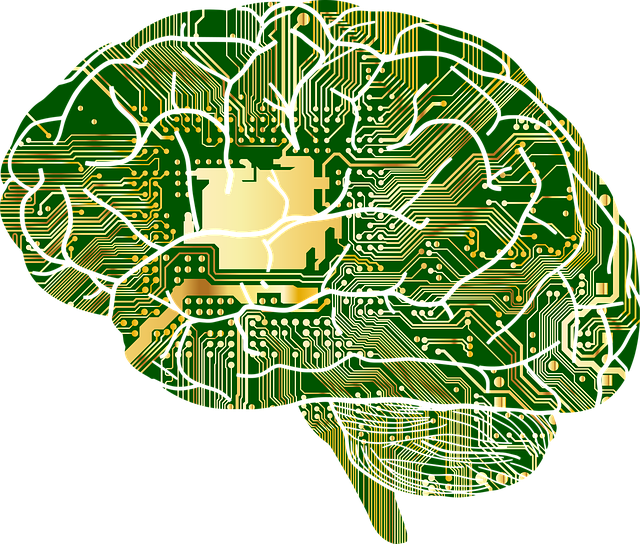
It goes without saying that we all know the importance of exercise for the body – whether it be a brisk walk every day or a regular gym session, our physical health benefits from a feelgood factor that comes from exercise. However, what shouldn’t be ignored is that our brains are every bit as much in need of a regular working over as the rest of us – and it’s never a bad time to start.
What are the benefits of brain exercise?
Taking as much as an hour or as little as fifteen minutes in a day to play a word game, read something challenging, or try to learn a new language will assist mental clarity in the here and now. The right exercises can enable you to think quicker, solve problems more easily and find words when you need them – all of which are very beneficial boosts.
What are the best forms of brain exercise?
The more specialized and dedicated the brain exercise, the more benefits it will deliver. There are countless brain-training apps available for the average smartphone, and these cover a wide range of different fields, from logic to visual recognition and from vocabulary to memory. Treat these apps like mental circuit training – you may benefit more from some parts of the training than others, but in collaboration, they deliver a rounded workout.
Does this mean that reading the paper won’t help?
No, not at all! If we’re going to keep the comparison between mental and physical exercise going, then think of brain training apps as a gym, while something like reading the paper could be a 20-minute stroll. It will still keep your brain working, which is essential. Equally, reaching for a scrabble cheat and firing up a trusty word game will be like playing a game of soccer – challenging and beneficial, as well as being fun. All brain exercise is beneficial.
Does brain training help with attentional issues?
If you are one of the millions of Americans with a diagnosis of ADHD (Attention Deficit Hyperactivity Disorder), then brain exercises are not going to make it go away; it’s a developmental condition and it can’t be changed. However, brain training is still every bit as beneficial. If you have ADHD, you may still have struggles with focus, but they will be less pronounced if you train alongside a dedicated treatment regime.
Will brain exercise stop dementia development?
Regrettably, there is at present no sign that dementia can be kept at bay by anything that people can do. While the risks can be minimized, some people develop the condition and some do not – and a great deal more study is needed in order to find out why it happens as well as what we can do about it. At least one study, however, has shown that the onset of dementia symptoms can be delayed by keeping the mind active – which can allow people a longer spell of better health before any decline.
In conclusion
Like your muscles and your core, your brain benefits from exercise and you’ll see the benefits everywhere in daily life. Any exercise is better than none, but you’ll really see the advantages if you put the time into dedicated brain-boosting exercises.

Leave a Reply